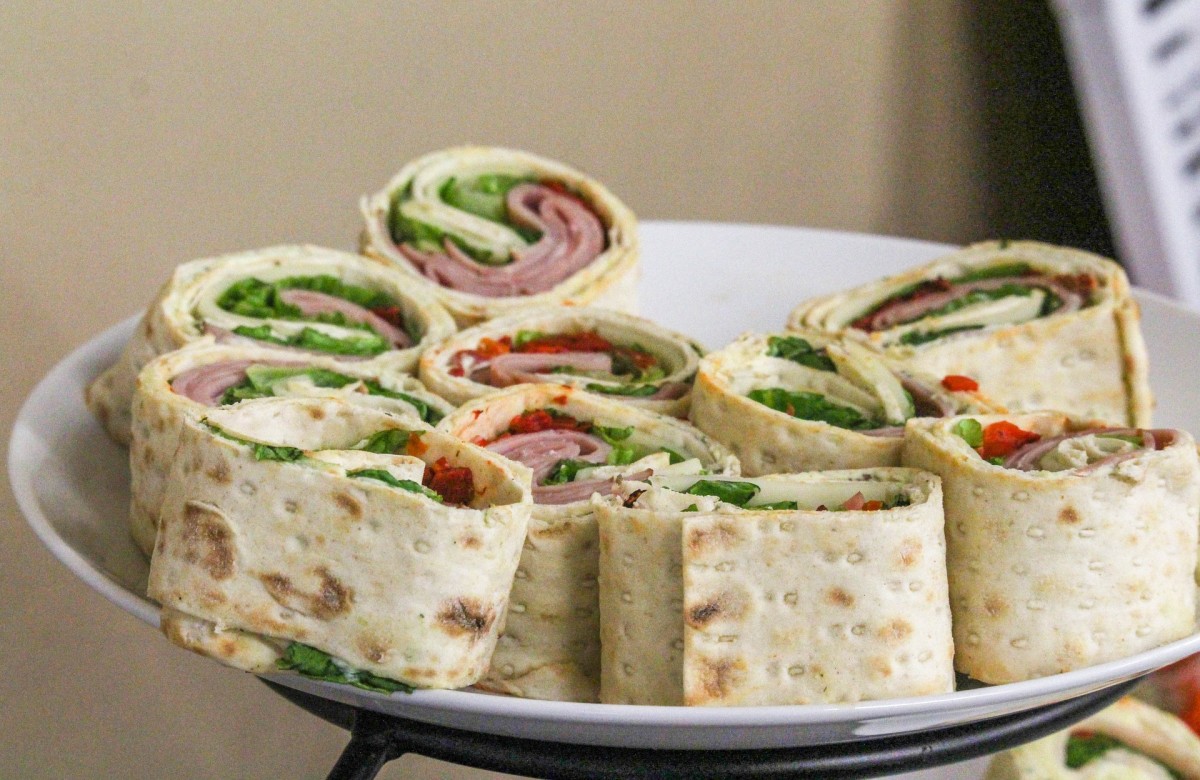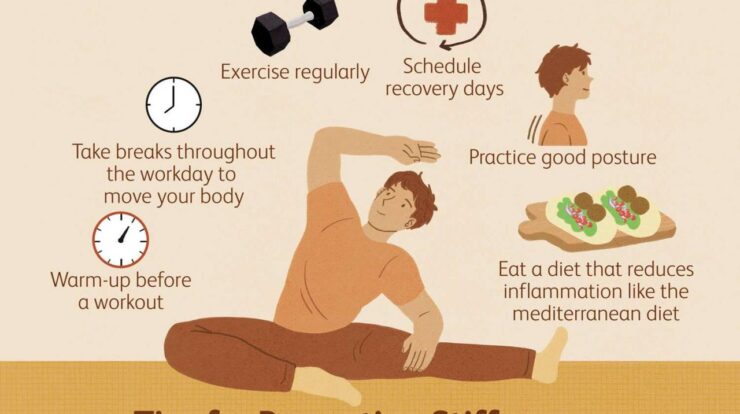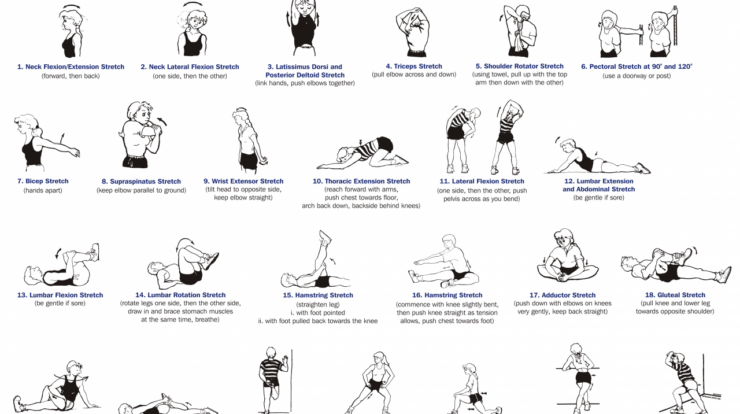
Wrap definition embarks on a captivating exploration of the multifaceted word “wrap,” unraveling its etymological roots, diverse meanings, and intricate usage across various contexts. This linguistic journey promises to illuminate the nuances of “wrap,” revealing its rich tapestry of applications and cultural significance.
Etymology unveils the historical origins of “wrap,” tracing its evolution over time. Definitions dissect its various meanings, capturing the subtle distinctions between its diverse uses. Synonyms and related terms paint a broader picture, connecting “wrap” to a network of conceptually intertwined words.
Wrap Definition

The term “wrap” has a rich and multifaceted history, with its usage evolving over time to encompass a wide range of meanings and applications.
Etymology and Origin
The word “wrap” traces its roots back to the Old English word “wrappan,” which means “to cover or envelop.” This term, in turn, is believed to have originated from the Proto-Germanic word “wripan,” with similar meanings of “to cover” or “to twist.”
Definitions and Meanings
In modern English, “wrap” has several distinct meanings, including:
- To cover or envelop something with a material or covering.
- To fold or roll something up.
- To enclose or surround something.
- To protect or shield something.
- To conceal or hide something.
Synonyms and Related Terms
Synonyms for “wrap” include: cover, envelop, fold, roll, enclose, surround, protect, shield, conceal, hide.
Related terms include: swathe, mantle, cloak, veil, shroud, bandage, wrapper, packaging.
Grammatical Usage
“Wrap” can function as a verb, noun, or adjective:
- Verb:“Wrap the gift in paper.” “She wrapped her arms around him.”
- Noun:“The wrap was made of soft fabric.” “She wore a stylish wrap over her dress.”
- Adjective:“The wrap dress flattered her figure.”
Cultural and Idiomatic Expressions
“Wrap” is used in numerous cultural and idiomatic expressions, such as:
- “To wrap up” – to finish or conclude something.
- “To wrap someone around your finger” – to manipulate or control someone.
- “To have something wrapped up” – to have something under control or secure.
Examples and Applications
“Wrap” is a versatile term with applications in various fields:
- Packaging:Wrapping products in protective materials.
- Clothing:Creating garments that cover and protect the body.
- Medicine:Using bandages or wraps to protect wounds.
- Art:Wrapping objects in fabric or other materials to create artistic installations.
Comparative Analysis, Wrap definition
“Wrap” shares similarities with other terms such as “fold,” “roll,” and “envelope,” but each has its own distinct nuances:
- Fold:To bend or crease something over on itself.
- Roll:To form something into a cylindrical shape by turning it over and over.
- Envelope:A flat paper container used to enclose and protect documents.
“Wrap” is typically more comprehensive than “fold” or “roll,” as it involves covering or enveloping something, while “fold” and “roll” imply specific ways of shaping something.
Final Thoughts
Through grammatical analysis, we delve into the versatile roles “wrap” plays as a verb, noun, and adjective. Cultural and idiomatic expressions showcase its deep-rooted presence in our collective consciousness. Practical examples ground “wrap” in everyday life, while comparative analysis illuminates its unique characteristics alongside similar terms.
This comprehensive examination leaves no stone unturned in the pursuit of understanding the enigmatic world of wrap definition.
FAQ Summary: Wrap Definition
What is the origin of the word “wrap”?
The word “wrap” traces its roots back to the Old English word “wreppan,” meaning “to cover or fold.”
How many definitions does “wrap” have?
“Wrap” boasts a range of meanings, including “to cover or enclose something,” “to fold or roll something up,” and “to encircle or surround something.”
What are some synonyms for “wrap”?
Synonyms for “wrap” include “cover,” “enfold,” “swathe,” and “envelope.”





